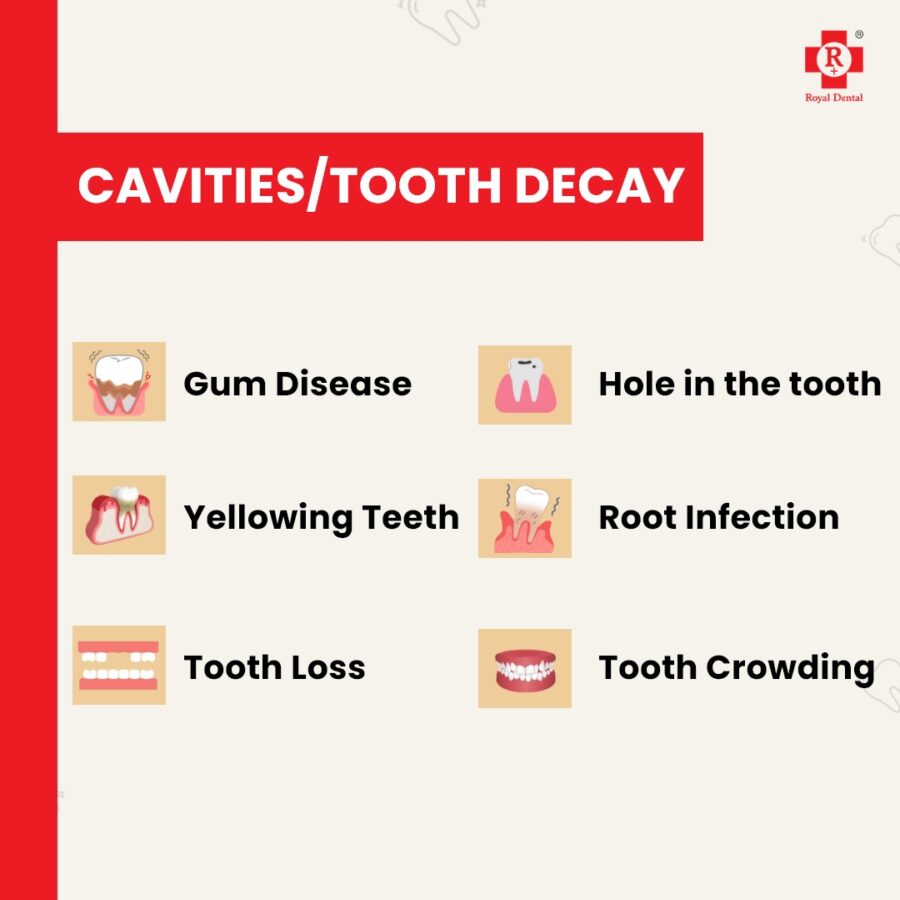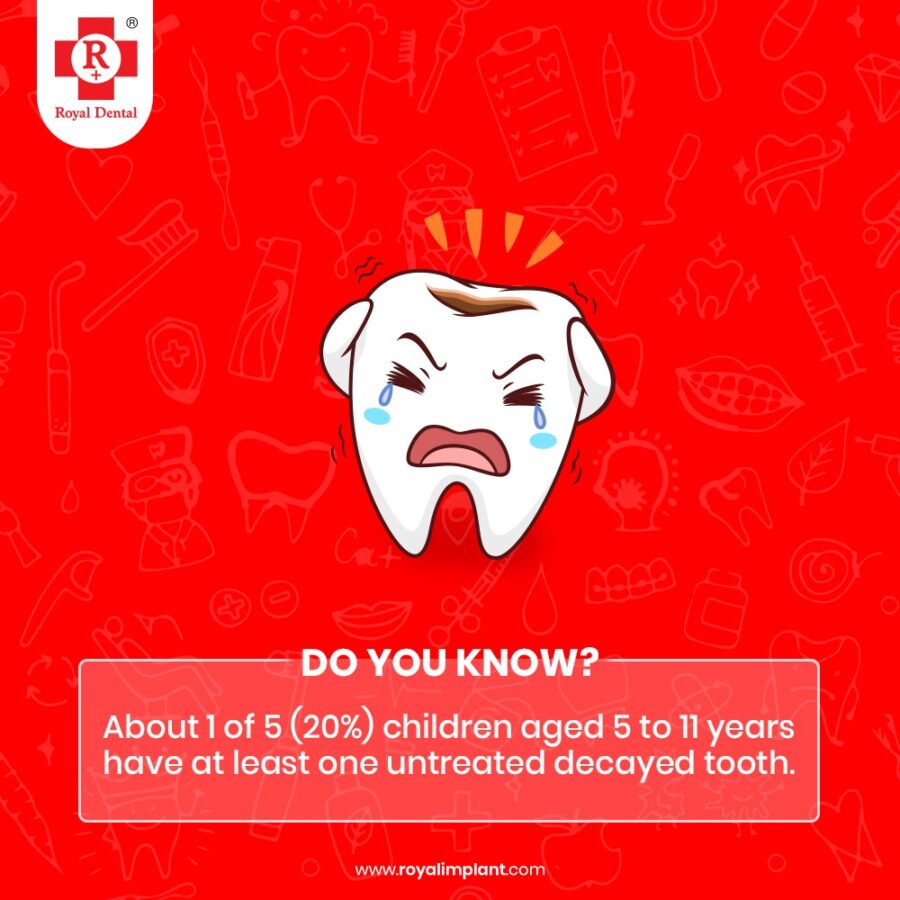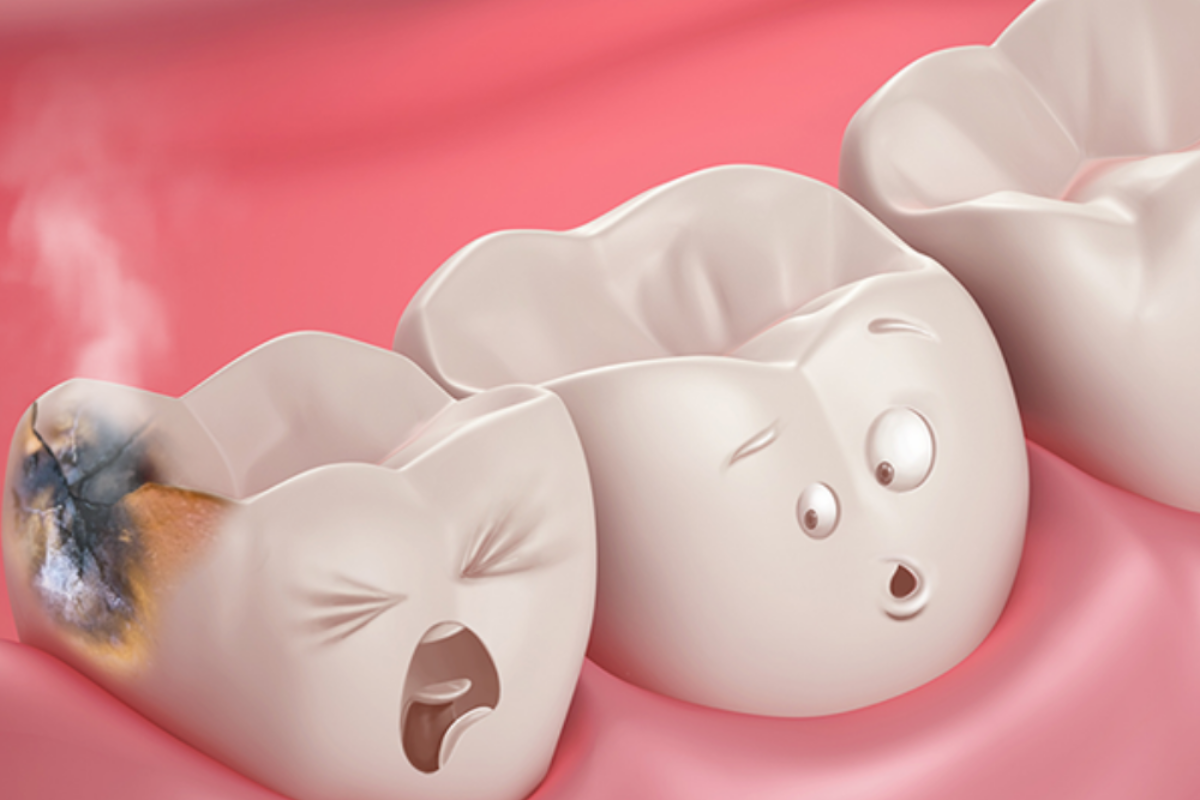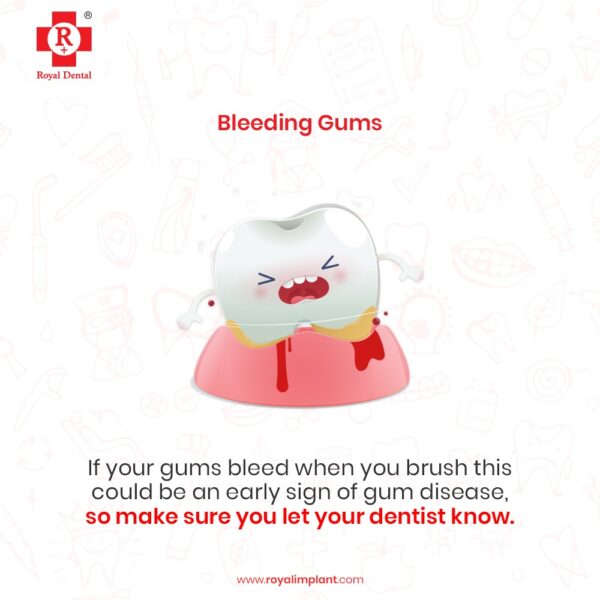If you have ever had a cavity, you know how painful and frustrating they can be. Without intervention, cavities continue to grow until they reach the pulp of your tooth. Once they get to that point, it is only a matter of time before the pulp becomes infected and your tooth will begin to hurt even more. However, there are some cases where cavities don’t need to progress that far in order for them to repair themselves. Tooth decay repairing themselves is not as uncommon as you might think. In fact, certain bacteria are able to reverse carious lesions on their own. The process may take months or even years depending on the person and their level of decay. Here is what you need to know about self-repairing dental cavities and how you can speed up the process.
What can cause Dental Cavities to repair itself?
The bacterial breakdown of tooth structure that occurs during the formation of a carious lesion can reverse spontaneously, resulting in a remineralized lesion. Bacteria that cause caries need a food source, so when there is no longer enough food for them to stay alive, the bacteria begin to break down the tooth. This breakdown process involves the release of minerals from inside the tooth (where they are normally found) and the production of acids that dissolve tooth minerals.

This process can produce minerals that are more resistant to acid than the original tooth minerals, so that the new minerals remain after the bacteria die and stop producing acid. As a result, a remineralized lesion forms in the tooth, which is harder than normal tooth structure but still not as strong as a healthy tooth.
How does the self-repairing of dental cavities work?
If a cavity starts to reverse itself, it will first form what is known as a white spot. A white spot is caused when there is enough calcium and phosphate in your saliva to create a mineral deposit in the cavity. As the deposit builds, the cavity will appear white on the tooth surface. However, the cavity is still there, just hidden. It is only when the deposit reaches the inner surface of the cavity that it will be able to stop the progression of tooth decay.
At that point, the cavity will no longer be visible on the surface of the tooth. If the dental cavity continues to progress and a dentist does not intervene, it will reach the pulp of the tooth. At that point, there is a chance that an infection could form in the center of the tooth.
Tips for speeding up the self-repair process
There are some things you can do to speed up the repair process if you have a cavity that appears to be self-repairing. First, brush and floss regularly. This will prevent additional cavities from developing and help preserve your healthy teeth. In addition, you should drink lots of water. Fluoride is an important mineral that is used to prevent tooth decay.

When you drink water, it helps circulate fluoride throughout your body, including your teeth. If you smoke, it is important to quit. Smoking greatly increases the risk of tooth decay and slows down the repair process. Finally, you can see your dentist for a professional cleaning. This cleaning will remove any plaque or bacteria from your teeth and help prevent the cavity from progressing.
When do dental cavities not repair themselves?
If your cavity does not start to reverse itself and does not appear to be getting any better, you may be tempted to stop seeing your dentist and assume that it will repair itself. However, this is not a good idea. Your dentist finds a cavity, they will likely go ahead and treat it so that it does not get worse.
If they find a cavity and you tell them that it is self-repairing, they will still likely go ahead and treat it. If your cavity is not self-repairing, it will progress until it reaches the pulp of your tooth. Once there, it will cause pain and could cause an infection if the decay reaches the inside of the tooth.
Conclusion
Dental Cavities can sometimes repair themselves, but only if the process is allowed ample time. You can help the process along by eating and brushing your teeth regularly, and visiting your dentist at least once per year for a professional cleaning and teeth cleaning.






